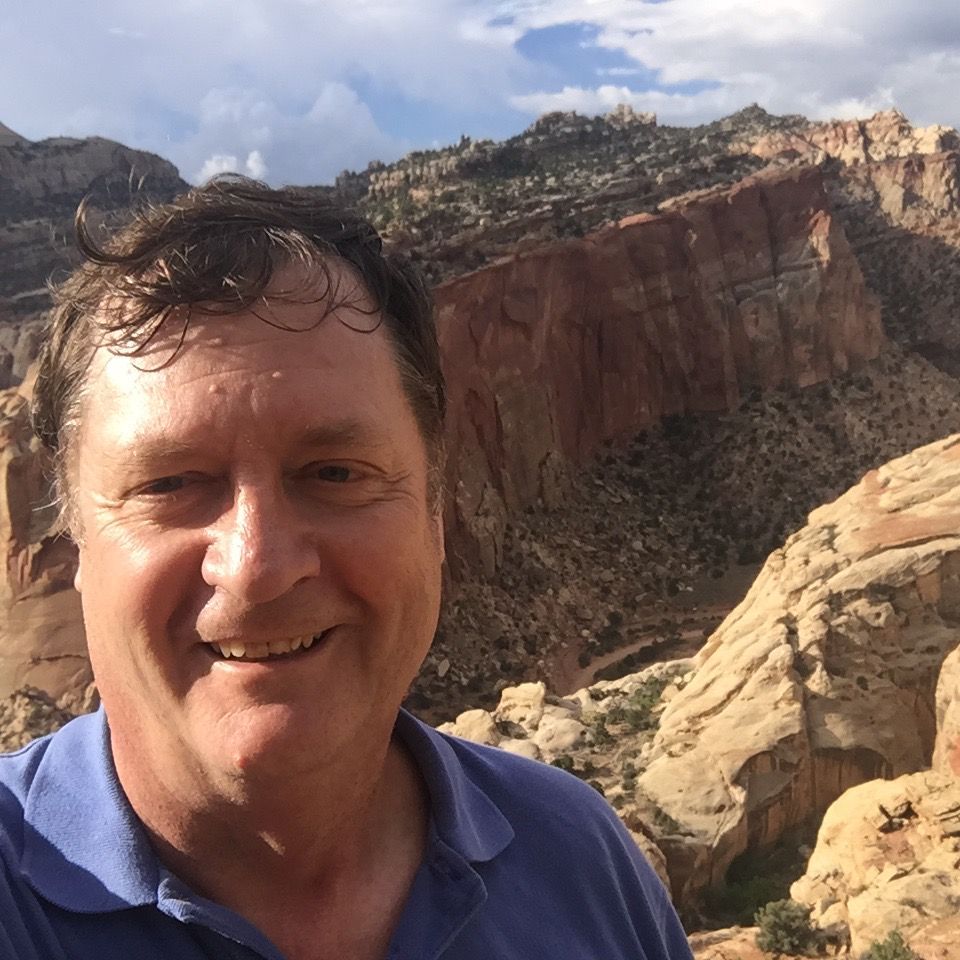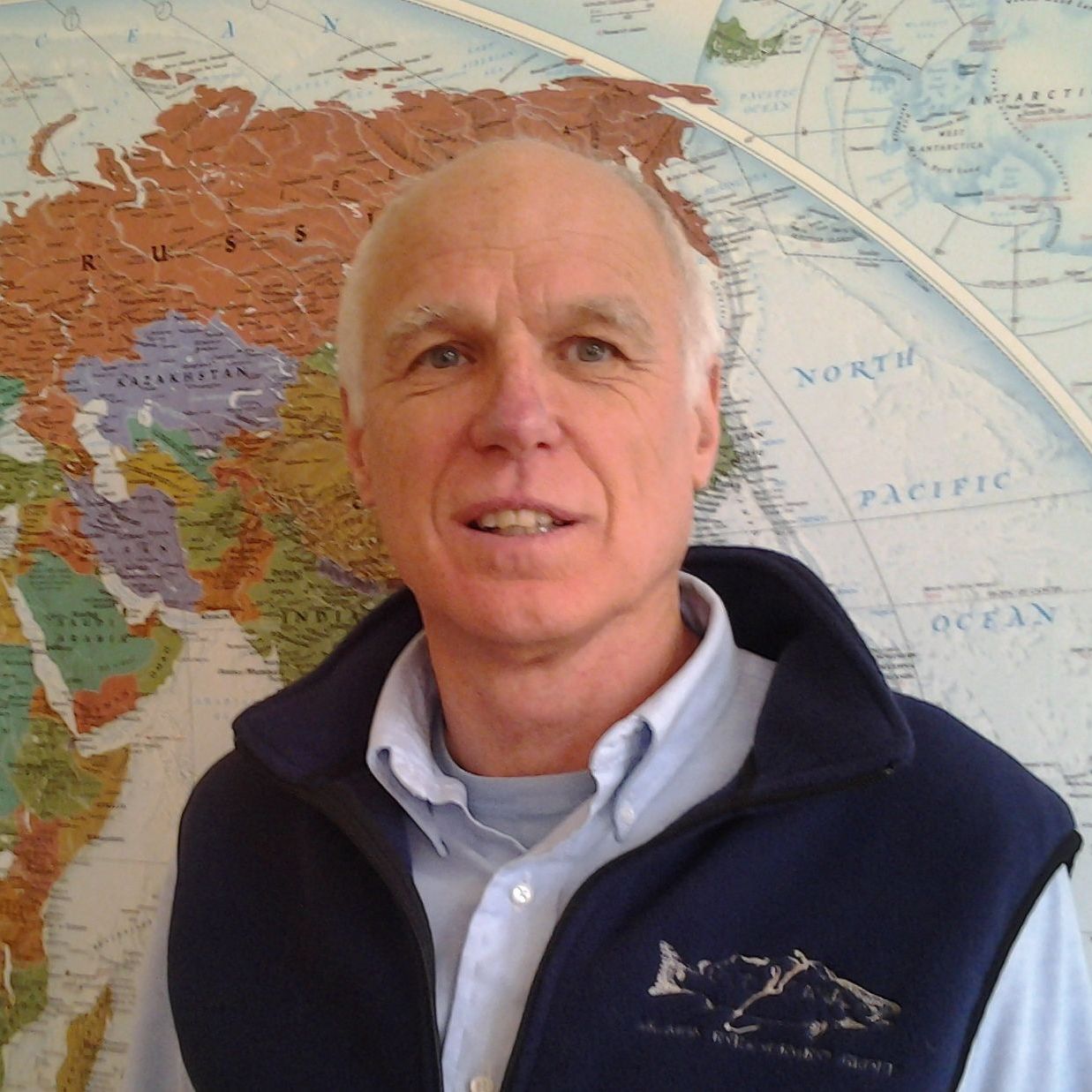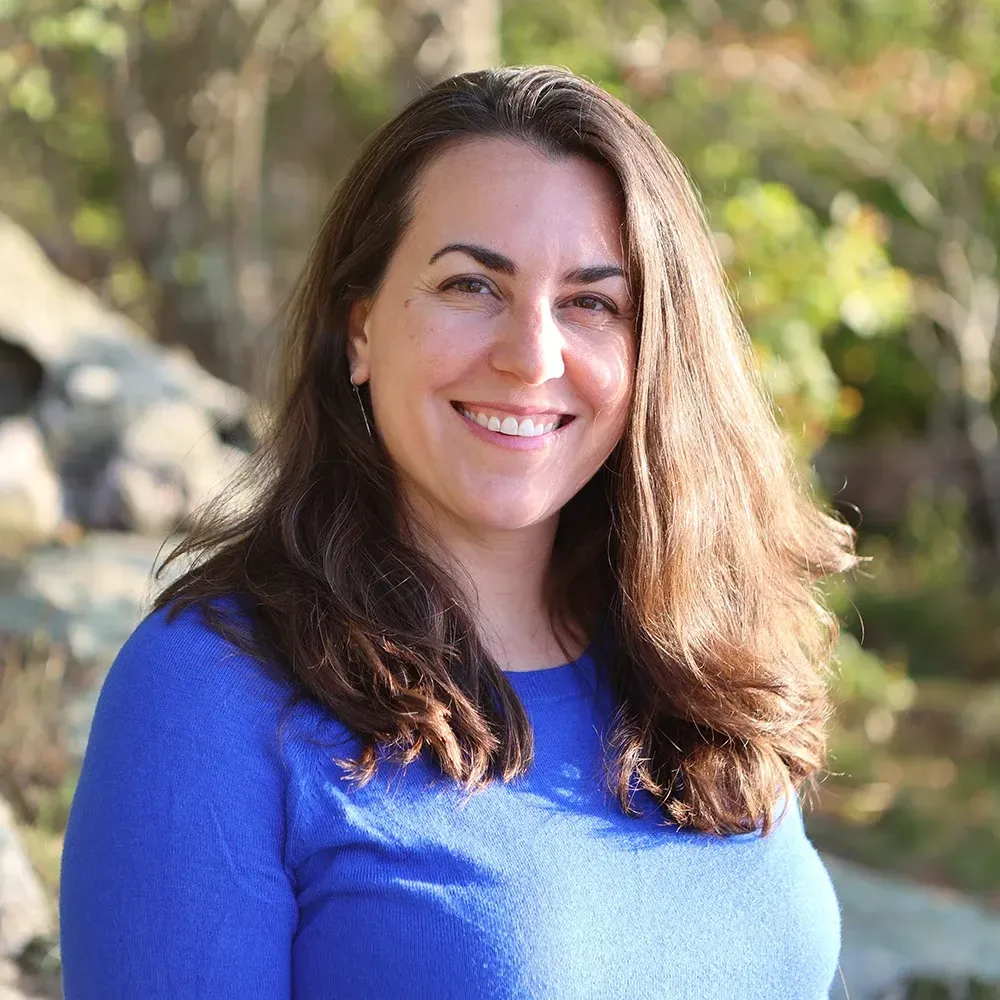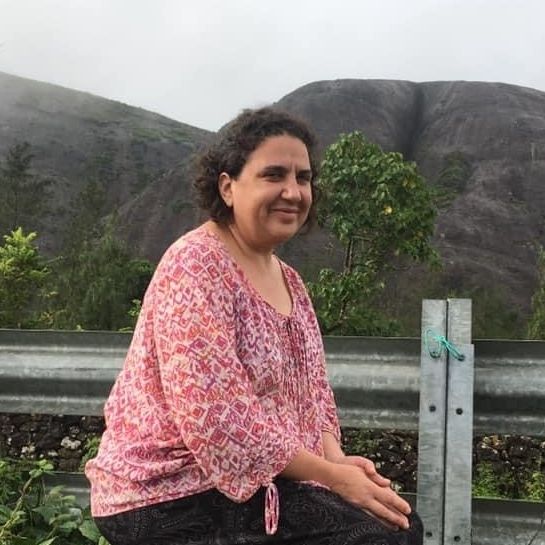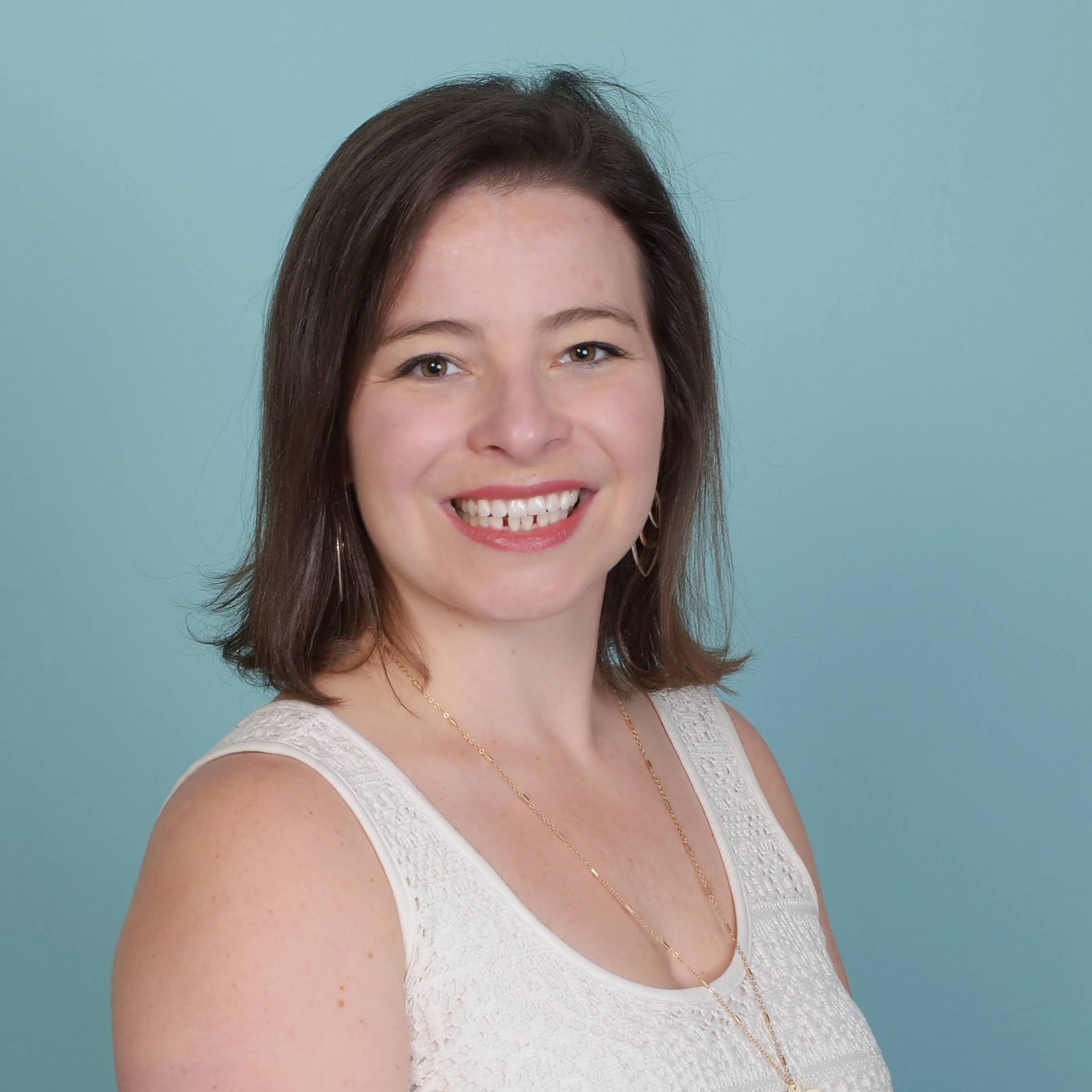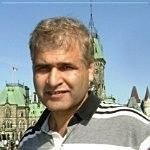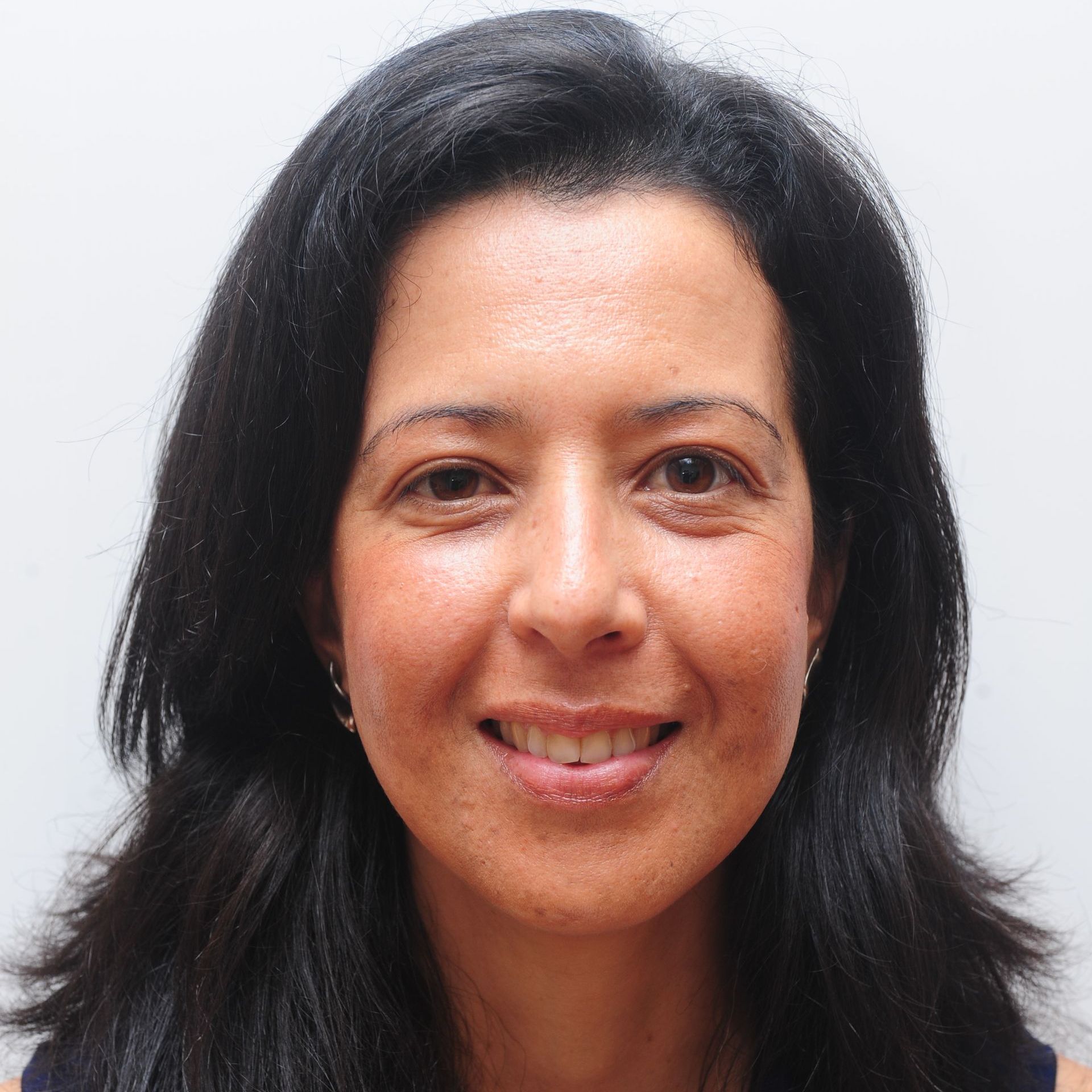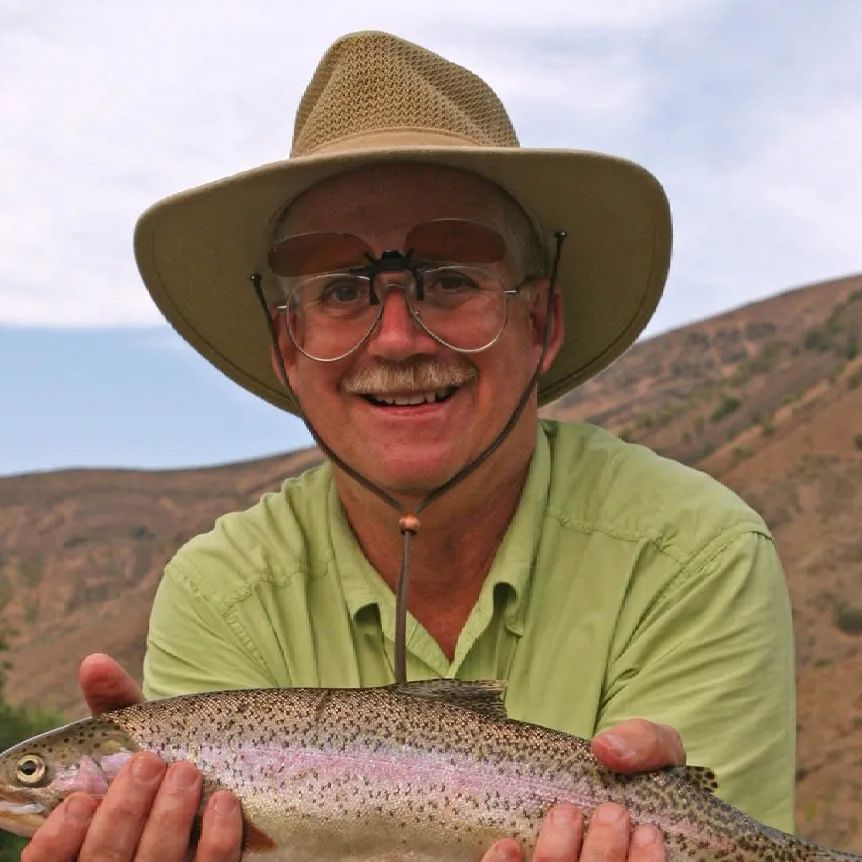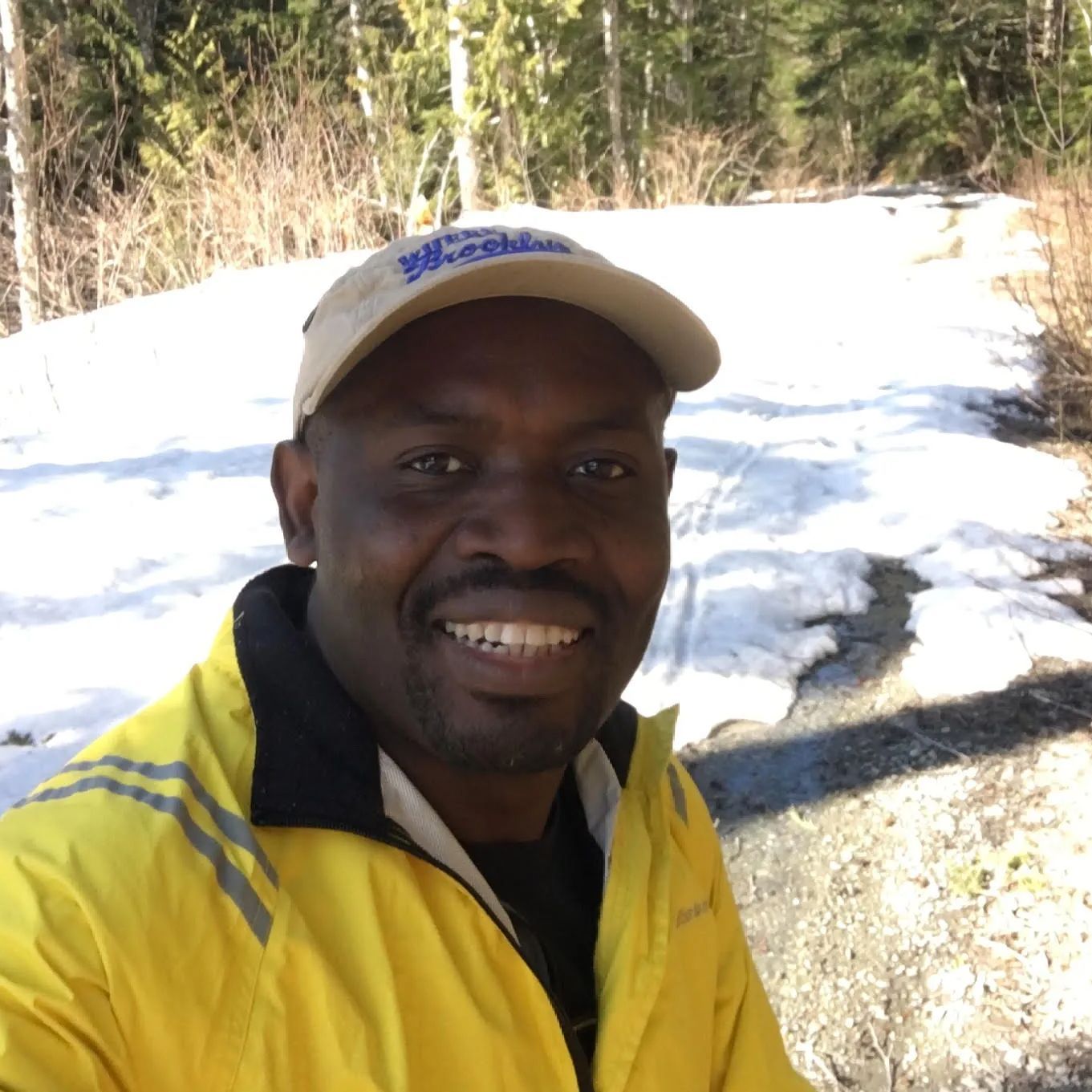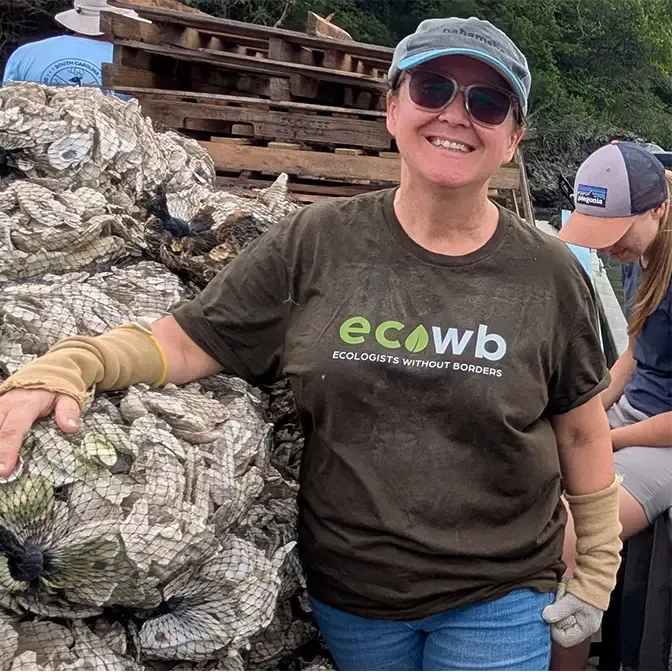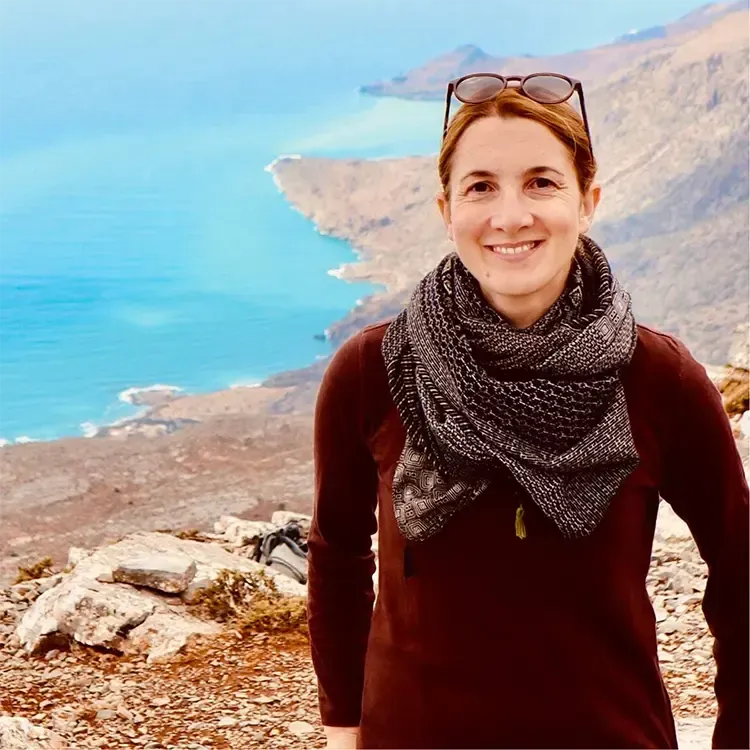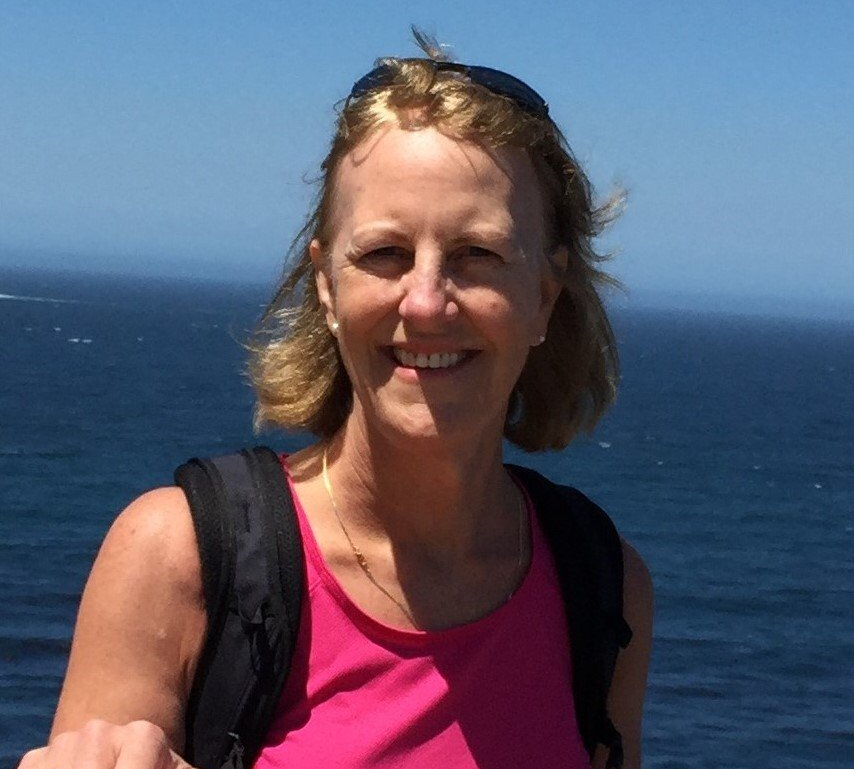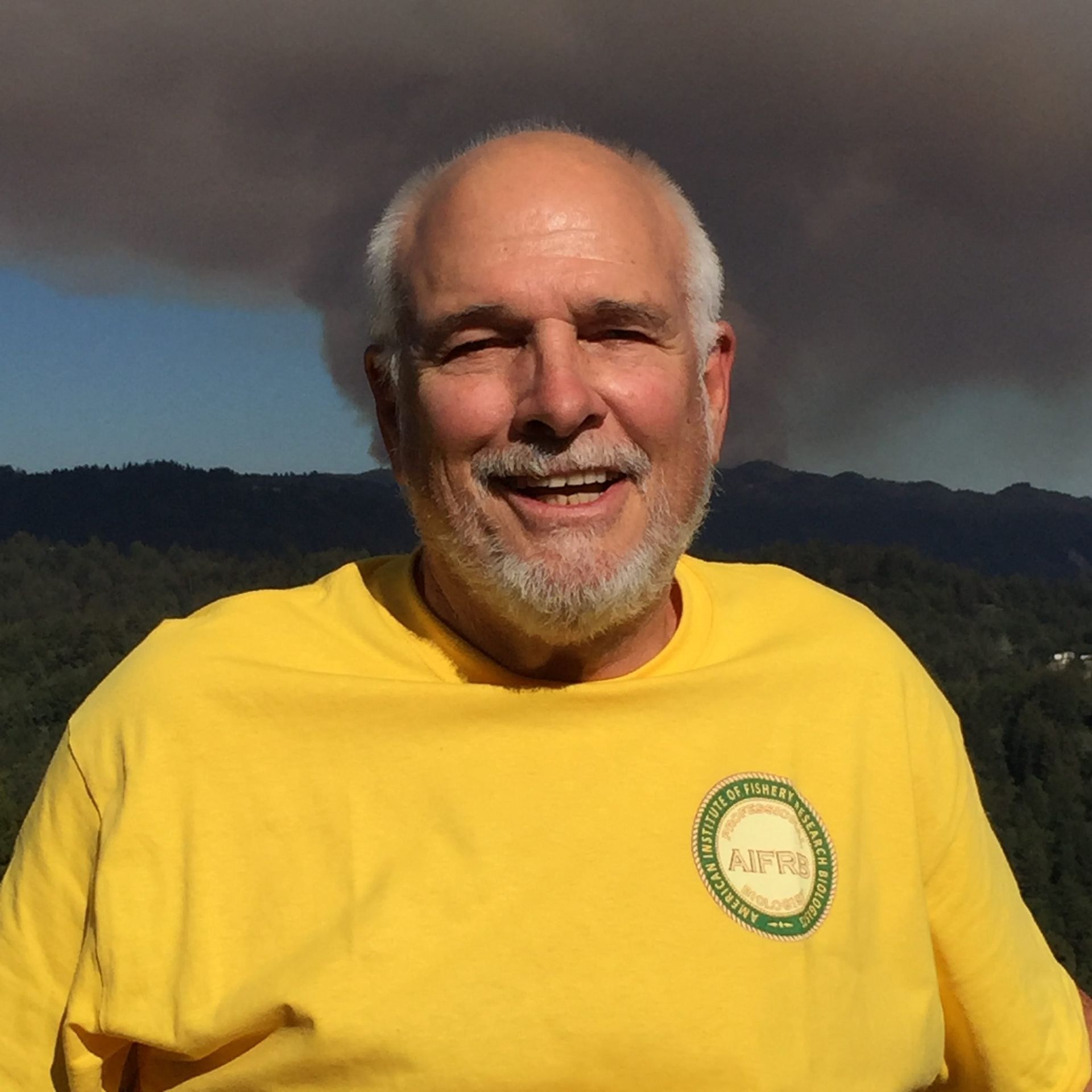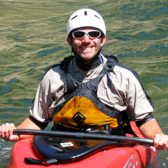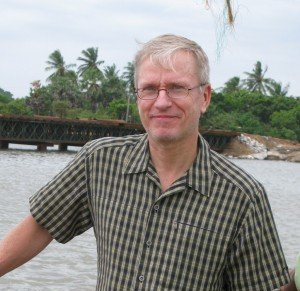Leadership & Board of Directors
Our staff and board is comprised of dedicated professionals from all over the world who bring a diverse range of expertise and a shared passion for environmental conservation. Their leadership and commitment to our mission ensure that EcoWB continues to make a meaningful impact on global ecosystems. Get to know the team that guides our efforts and drives our success.
Founders
CLEVE STEWARD
Co-Founder | Board Emeritus
Cleve's Biography
Cleve is a retired fisheries scientist who served in a variety of leadership positions over the course of his career, including supervisory fisheries biologist for the National Marine Fisheries Service; owner, chief scientist, and senior executive for various consulting firms; and Board member and officer for several non-profit organizations. Cleve co-founded the Sustainable Fisheries Foundation in 1995 and Ecologists Without Borders in 2011. He is EcoWB’s past President (2017-2020) and a former President of the Washington Section of the American Water Resources Association (2007-2008) and the Western Division of the American Fisheries Society (2015-2016). Cleve co-chaired the 2011 AFS Meeting in Seattle, which set and still holds the record (4,300 delegates) for the number of people attending an AFS meeting. Driven by a strong social conscience and an unwavering commitment to environmental conservation, science, and his fellow scientists, Cleve currently serves as Executive Director of EcoWB and oversees projects in Kenya and Mexico.
DR. ERIC KNUDSEN
Co-Founder | Board Emeritus
Eric's Biography
Dr. Eric Knudsen, an EcoWB Co-Founder, has concentrated on marine, estuarine, and freshwater fisheries science throughout his academic and professional career. He earned his B.S. degree in Fisheries Science from the University of Massachusetts and an M.S. degree in Fisheries Science, as well as a Ph.D. in Wildlife and Fisheries Science from Louisiana State University. He has 42 years of post-baccalaureate experience in fisheries and wildlife science and management. His work has ranged from research on estuarine-dependent Gulf of Mexico fisheries to many years focused on Pacific salmonids in Alaska and the Pacific Northwest. During his career with the U.S. Fish and Wildlife Service and the U.S. Geological Survey, and later as an independent consultant, Eric has been involved with salmonid population ecology, population status and trends, habitat interactions, and discerning the strengths and weaknesses of salmon monitoring and assessment techniques. He is a past president of the Washington–British Columbia Chapter and the Western Division, American Fisheries Society, and has served on the Board of Directors of the Prince William Sound Science Center. His EcoWB areas of interests lie in developing the EcoWB organization, fundraising, and the transfer of technology and knowledge to fisheries and aquaculture programs in the developing world.
LARRY DOMINGUEZ
Co-Founder | Board Ambassador
Larry's Biography
Lawrence Dominguez is an EcoWB co-founder and a consulting fish and aquatic ecologist with over 25 years of professional experience in salmon and trout conservation, landscape planning, and environmental regulation. He holds a Masters degree from the Evergreen State College Graduate School of the Environment, where he has since served as faculty adjunct. He is former president of the Washington-British Columbia Chapter of the American Fisheries Society and was the General Chair for the American Fisheries Society’s 2011 Annual Meeting in Seattle, WA. Mr. Dominguez is a former employee of the Washington Department of Natural Resources, USFWS, and the National Marine Fisheries Service and he served in Liberia, West Africa as a Peace Corps volunteer in the late 1980s. His consulting experience includes the Endangered Species Act, large-scale energy projects, and freshwater, marine, fish, and aquatic resources assessments. Mr. Dominguez has traveled to many parts of the world, including desperately impoverished urban and rural regions – experiences that nourished his passion for raising people’s welfare and spirit and aiding their recovery from chronic or disaster-related environmental conditions. The role of providing volunteer technical assistance and securing financial support for solving environmental problems seemed timely and much needed. Mr. Dominguez contributes to program, project, and partnership development across various committee areas.
Board of Directors
DANIELLE REICH
Executive Director
Danielle's Biography
Danielle Reich is a Certified Fisheries Professional with nearly 20 years of years of experience in environmental consulting. She earned her B.S. degree in Biology & Society from Cornell University and her M.S. degree in Marine Fisheries from the University of Rhode Island. As the owner of Shoal’s Edge Consulting, Danielle has supported a wide variety of complex projects in both marine and terrestrial environments. She specializes in oil spill risk/impact assessment, protected species issues, environmental sensitivity modeling, and environmental impact assessment for offshore infrastructure development. Danielle is passionate about conservation, environmental restoration, and community-led sustainable development, and has worked in the field in a variety of rural and remote international settings. She is a past President and Treasurer of EcoWB and the current Fellow of the World Council of Fisheries Societies.
STUART BUCHANAN
President
Stu's Biography
Stu Buchanan is a Certified Wildlife Biologist and recently retired Partner in a global environmental consulting business. He earned degrees in Forestry and Wildlife Management from Paul Smith’s College and the University of Maine (respectively) and spent the first half of his career as a field biologist with the timber industry in Maine, the U.S. Peace Corps in the Central African Republic, and the U.S. Forest Service in Alaska, Montana, and New Mexico. Stu served as New York State Department of Environmental Conservation Regional Director for the Adirondack Region for 12 years where he focused on fish, wildlife and public land planning and management. Prior to his retirement he served as COO of a Minnesota-based environmental consulting firm that specialized in large energy projects, and finally as Partner in charge of integration when the firm was acquired by a larger global consultancy. Over the course of his career Stu has held numerous leadership positions, served on and chaired several boards, and worked collaboratively with dozens of communities and organizations. He continues to have a strong interest in international fish and wildlife issues and is excited to now have more time to contribute.
REBEKAH PADGETT
Vice President
Rebekah's Biography
Rebekah Resnick Padgett has nearly 30 years of experience serving in state and federal government in the United States at the intersection of people and the sea. She is currently an Environmental Specialist with the Washington State Department of Ecology, working as a statewide lead for in-water permitting of renewable energy. Rebekah previously served as a Shoreline Planner working closely with local governments, and as Federal Permit Manager implementing the Clean Water Act and Coastal Zone Management Act. She has served as a National Park Ranger in the Caribbean, public involvement lead for toxic cleanup sites, and environmental educator in several regions. Rebekah is passionate about working with communities in addressing local environmental challenges, particularly in tropical and island environments. EcoWB experience includes serving on the Board of Directors, multiple committees, and representing EcoWB with the Global Partnership on Plastic Pollution and Marine Litter. Other volunteer roles have included leading community coastal cleanups, providing disaster response with the American Red Cross, and guiding other local and national non-profit organizations. Rebekah also spent a year living in South India where she led marine debris research that resulted in recommendations for reduction of pollution sources and coordinated a volunteer team conducting socio-economic research on a remote island. Her education includes a Bachelors in Human Ecology and Masters in Marine Affairs, as well as continuing education through Cornell University, the Global Coral Reef Monitoring Network, and the United Nations Environment Program and Open University of the Netherlands.
JULIE BUDKOWSKI
Treasurer
Julie's Biography
Julie Budkowski is an educator, mother, traveler and non-profit management professional. She earned her Master's in Education at Griffith University, and currently works with Future of Fish and the National Museum and Center for Service supporting organizational growth and development. With a background in education and community development, Julie understands the transformative power of service in fostering empathy, critical thinking, and civic engagement among individuals of all ages. Julie’s commitment to creating a better world extends to her work in environmental causes. With a keen awareness of the interconnectedness between social justice and environmental sustainability, Julie has been actively volunteering and working with organizations focused on building a more sustainable and equitable future.
CHRIS MATLACK
Secretary
Chris's Biography
Chris Matlack is an instructor in ecology, ornithology, and biology at Phillips Exeter Academy in Exeter, New Hampshire. He received a B.S. in wildlife biology at the University of Vermont and an M.Sc. in wildlife biology at Acadia University in Nova Scotia. Chris started his professional career as a Peace Corps fisheries biologist in the Central African Republic. He has continued to travel extensively, leading student and alumni trips to tropical birding destinations and consulting with educational institutions worldwide. Chris has an on-going involvement in ecological field work, place-based learning, and discussion-based classrooms. He teaches by asking questions and then helping students both arrive at the answers and learn how to ask new questions. Chris had a MOTUS receiving tower installed on the PEA campus which detects nanotags of migrating birds, bats, and large insects and he is currently involved in developing opportunities for his students to get involved with this research.
JENNIFER SCHLEGEL
Board of Directors
Jennifer's Biography
Jennifer Schlegel has 12+ years of experience in project management and environ mental consulting. She earned her B.S. degree in Environmental Studies from the SUNY College of Environmental Science and Forestry and her M.S. degree in Resource Conservation from the University of Montana, where her graduate studies focused on the intersection of HIV/AIDS and protected area management in Southern Africa. Jennifer developed strategies for protected areas to address HIV/AIDS challenges and recommendations to help identify additional resources. Following graduate school, Jennifer began working in environmental consulting, specializing in environmental compliance in large-scale utility projects. She moved into project management and now works as a project manager for a large electric utility. She currently manages multi-million dollar projects and has extensive expertise in moving projects from conceptual phases through engineering into construction and to closeout. Jennifer continues to have a strong interest in protected area management capacity building and sustainable development in low-income countries.
TREVOR EAKES
Board of Directors
Trevor's Biography
Trevor Eakes is an Erasmus Mundus scholar in the ACES-Star Masters of Aquaculture, Environment, and Society, and a passionate naturalist dedicated to sustainable development within the blue economy. With a focus on artisanal coastal fisheries and aquaculture, Trevor has coordinated scientific programs for the American Fisheries Society, Duke University, and the IAEA. Since 2018, he has volunteered in leadership positions with Ecologists Without Borders, demonstrating a strong commitment to service and collective action in solving ecological challenges. His expertise includes kelp farming, NGO development, eco-certifications, and fishery improvement practices. Over the past six years, Trevor has broadened his professional skills and cultural understanding by living and working in diverse regions, including the U.S., Peru, Chile, Australia, France, Scotland, Norway, and Greece. An enthusiastic advocate for adventure, he enjoys solo traveling, backpacking, scuba diving, skiing, and paragliding. Trevor aspires to lead global efforts to end extractive practices and building restorative relationships with the more-than-human world.
CHERYL WHEELER
Boards of Directors
Cheryl's Biography
Cheryl Wheeler was raised in small-town Appalachia, spent most of her childhood outside, and has always had a passion for exploring the world. After completing a bachelor’s degree in Communication with minors in International Studies and Art, she studied, volunteered, and worked in Thailand where she became involved in promoting sustainable agriculture and supporting indigenous traditional knowledge. Cheryl went on to study Navajo language and human evolution at Northern Arizona University and then obtained an MA in Interdisciplinary Studies and Southeast Asian Environmental Studies at the University of Oregon. After graduation, she returned to Thailand and worked in higher education study abroad administration while volunteering for a sustainable agriculture NGO focused on fostering rural community self-sufficiency. Cheryl continued working in international education at the University of Washington’s International Specialized Programs unit when she returned to the Pacific Northwest in 2005. At the UW, she has created and directed more than 60 different customized international programs on topics including but not limited to Environmental Studies, Mechanical Engineering, Robotics and AI, Data Engineering, Peace & Conflict Studies, Nursing, and Sustainable Business. Cheryl manages a grant-funded urban food garden project for the University of Washington called Green Square and is actively involved in creating and promoting sustainability awareness resources, activities, and learning opportunities with the UW’s Sustainability Action Plan Committee for Community Engagement.
DR. HANS JULIAN HARTMANN
Board of Directors
Hans's Biography
Formerly tenured as Associate Professor of Marine Biology at the Université de La Rochelle in France, Hans has recently retired and has been granted Emeritus status at the Université. He is internationally known for his research and expertise in marine ecology, with emphasis on plankton/microbial ecology, mangroves/wetlands, tropical and neo-tropical small-scale fisheries, and socio-economic factors in coastal conservation and resource management. He is currently conducting research and assisting managers in Indonesia and Costa Rica, where he received the Medal of Merit for Distinguished Collaborators from the University of Costa Rica in 2015. Hans enjoys hiking, travelling, and scuba diving. He joined the EcoWB Board in 2017 and served as elected Vice-President from 2018-2020.
DR. SHUBHA PANDIT
Board of Directors
Shabha's Biography
Shabha Pandit is originally from the Himalayan country of Nepal. Professionally, he is a research scientist who has worked for over 20 years in many countries such as Canada, USA, Nepal, Jamaica, Namibia, Netherlands, and Norway in the fields of biology and ecology. He possesses two MS degrees, one in Zoology (majoring in ecology) and the other in Environmental System Analysis and Management from the Netherlands. Dr. Pandit received his Doctorate in Biology, majoring in Ecology and Bio-statistics, from McMasters University, Canada. He has a strong background in data analysis, modeling, life cycle models, effects of dams on fish survival/movements, and habitat assessment and monitoring, and was the recipient of a prestigious Natural Sciences and Engineering Research Council of Canada post-doctoral visiting researcher fellowship. Dr. Pandit has a wide range of experience, from environmental monitoring at a hydroelectric project, to post-doctoral fellowships studying fish population dynamics in Lake Erie and assessing the impact of climate change on biodiversity, to designing, planning and implementing an Arctic Grayling scientific research program for the Northern Territories. He possesses extensive skills in biostatistics, GIS, several programming languages (e.g., R and MATLAB), and is experienced in developing statistically sound study designs and analyzing large and noisy datasets. His research has been widely published in respected journals, he is an invited reviewer for multiple professional journals, and he has served on several scientific review groups, incuding the multi-disciplinary team of professionals that developed an effective methodological and sampling framework to detect the effects of climate change on biodiversity. Juding from his, long outstanding experience in the conservation of aquatic resources, Dr. Pandit is passionate about helping to enhance ecosystem integrity as well as improving the quality of human life through sustainable development and improving the human-nature relationship.
DR. SYLVIA RIVERA VALLE
Board of Directors
Sylvia's Biography
Sylvia Rivera, a Costa Rican and French national, obtained her PhD in Management Sciences in 2017 from the University of La Rochelle (France). Her doctoral research focused on public policies related to the sustainable use of resources by fishermen in poor coastal areas of Mexico. Previously, Sylvia had obtained her Master's degree in Business Administration at the University of Costa Rica, where she also obtained a certificate in International Trade. Sylvia, with more than 25 years of experience as a consultant in business strategy and sustainable projects has worked for the public sector, non-governmental and non-profit organisations, international organisations and companies, from the firm CIPAE Consulting, of which she is founder and president.
She has been on the board of directors of several organisations and has also actively collaborated as an advisor and volunteer with Ecologistas Sin Fronteras since its formation in 2011. Since 2020 Sylvia is a member of Human Right 2 Water, a non-profit association working on the integration of the human rights to water and sanitation, becoming a member of its Board of Directors in June 2024. Apart from her involvement in consultancy projects, Sylvia is currently an expert auditor in responsible fisheries management for MSC - Marine Stewardship Council certification and teaches at Excelia Group, a business and tourism school in France, and at EIGSI La Rochelle, one of the four leading private engineering schools in France. In May 2024, the President of the French Senate Mr. Gérard Larcher awarded Sylvia with the Medal of the Senate for her professional career and her contribution to the relations between Costa Rica and France.
HAL MICHAEL
Board of Directors
Hal's Biography
Hal graduated from the University of California, Davis with a B.Sc. in Zoology in 1972 and from the University of Washington with an M.Sc. in fisheries in 1975. Following graduation, he began working with the Washington Department of Game on a steelhead research project and remained with Washington’s fish and wildlife agencies for 34 years working in research, front-line management of salmon, all of the permitting associated with hatcheries, and species restoration. Over time, and with the accumulation of data, he became primarily interested in the ecological value of spawning salmon and their relationship with the ecosystem as a whole. Following retirement, he has worked on a few focused projects, such as migration barrier replacement, which led Hal into aspects of project management. For recreation he has been a (reasonably) competitive distance runner for more than 50 years, hunts and fishes as time allows, and does a lot of traveling to view and photograph nature.
TONY MACHACHA
Board of Directors
Tony's Biography
Tony Machacha was raised on a farm in western Kenya and immigrated to the United States in 2001 after obtaining a BS in Agricultural Engineering. His endless curiosity led him to obtain a dual MS in Sustainable Agriculture and Rural Sociology from Iowa State University where he helped start the Center for Sustainable Rural Livelihoods as a Research assistant. He went on to start his career in US agriculture supporting the establishment of a new generation of farmers and ranchers from immigrant communities across the 48 states with support from the USDA, the WK Kellogg Foundation, and Heifer International. Tony’s curiosity about economic sustainability led him back to business school at Oregon State University, and with an MBA in hand, he joined the Bill and Melinda Gates Foundation in 2010 as a financial planner and analyst for the rapidly growing Agricultural Development division, where he engaged in dozens of training and technical assistance efforts with small-holder farmer projects in Sub-Saharan Africa and South Asia. He now works in Public Health-Seattle & King County primarily as a Business Officer, currently on assignment as Project Manager for the County’s Covid19 Response focusing on Food Security Assistance. In his down time, Tony enjoys cooking food from new online recipes, gardening, mountain biking, shopping for hand tools and tinkering with machines in his garage, and most recently exploring the beautiful waterways of the Pacific Northwest by motorboats that he buys for next to nothing and spends long nights repairing.
DR. MARCO QUESADA
Board of Directors
Marco's Biography
He earned his undergraduate and graduate degrees in biology from Universidad de Costa Rica (UCR). His M.Sc. work on marine plankton ecology was complemented at Portland University (U.S.), and an academic internship at the Université de la Rochelle in France. In 2011, he obtained a Ph.D. from the Department of Marine Affairs at the University of Rhode Island. His dissertation, focused on stakeholder participation in fisheries management, was based on fieldwork in coastal fishing communities in Costa Rica and Kodiak, Alaska. He has worked with Conservation International (CI) for the last 18 years, and currently serves as CI’s Vice-President for Oceans in the Americas Field Division. He has taught university graduate-level courses at both Universidad de Costa Rica (UCR) and the Costa Rica-based United Nations University for Peace; has served in the Marine Stewardship Council’s (MSC) Stakeholder Council (STAC); is an invited professor of UCR’s Marine Research Center (CIMAR) and it’s Master’s program in Integrated Management of Tropical Coastal Areas (GIACT); serves in the board of Friends of Cocos Island Foundation (FAICO); represents CI, and presides the supervisory committees of Costa Rica’s First Debt Swap, the Sustainable Biodiversity Fund and the Osa Trust Fund and sits in Costa Rica’s National Wetlands Council (CONAHU).
FARAAZ ABDOOL
Board of Directors
Faraaz's Biography
Faraaz Abdool is a wildlife photographer, author, speaker, birding guide, and environmental advocate from Trinidad & Tobago. His photographs and writings have been widely published both digitally and in print. His first book, Casual Birding in Trinidad & Tobago was released in 2020 and received widespread praise. Faraaz also provides birding tourism consultancy services for eco-lodges wishing to attract a birding clientele. Faraaz also works with Learn-the-Birds, a South African company dedicated to spreading accessible knowledge of birds throughout the world. Via this platform, he has conducted bird photography masterclasses, facilitated free educational webinars, and hosted a monthly livestream entitled Bird is the Word featuring guests from many different countries, with a special emphasis on the global south. His roundabout journey began with a deep love for nature as a child followed by several years of intense mathematics and science. After working for a few years as an electrical engineer, Faraaz abandoned that profession to put all his efforts into the conservation and protection of the natural world. Today, he remains as captivated by nature as he was decades ago; he seeks to impart that love to any and every person possible in a bid to save the world.
Board Advisors
DR. IAN HENDY
Technical Advisor
Ian's Biography
Dr. Ian Hendy has 16 years of extensive field experience, working on kelp forests, saltmarsh mangrove forests, seagrass beds and coral reefs. In Indonesia, Ian managed mangrove, seagrass and coral reef monitoring programs and developed research for many teams of scientists when on site. Ian identified the impacts of losses of productivity, biomass and ecosystem structure and function, combined with impacts to associated biodiversity. Working with local communities, his research helped improve the conservation of those ecosystems. More recently, he focused his skills on Quintana Roo, Mexico, where Ian was the lead scientist for more than 100 scientists. His conservation work also focused on improving the mangrove forests, seagrass beds, and coral reefs and understanding the impacts on those systems. He also successfully designed and managed mangrove conservation survey programs in Martinique. In the UK, Ian is a Senior Lecturer at the University of Portsmouth and the head scientist for the UKs largest kelp restoration project, in Sussex. He also runs applied research programs that feed into the active management of local UNESCO Biospheres.
Leslie Mitchell
Advisor
Leslie 's Biography
Leslie initially studied zoology at the University of Maryland where she studied under the tutelage of world-renowned ichthyologist, Dr. Eugene (Genie) Clark. Leslie served as Dr. Clark’s research assistant on the Beebe Project, a National Geographic expedition in Bermuda focusing on deep sea sharks including the rare six gilled shark. Leslie continued her research with the Ocean Research and Education Society participating in data collection and research on the mating behavior of humpback whales off the coast of the Dominican Republic and later worked as a naturalist on whale watch boats off the coasts of New England. Leslie then switched gears and began working in international development serving as a Country Director in the Horn of Africa designing, managing and implementing numerous complex multi-year donor funded programs with a focus on strengthening the technical and organizational capacity of civil society organizations and host government partners. She brings a range of knowledge across sectors including conflict management/peacebuilding, natural resource management, girl’s and women’s empowerment, vulnerable children, resilience, education, artisanal mining, among others. Leslie brings over 25 years of field experience in East Africa and has her BA in English from University of Maryland and her MSc in Global Leadership from Duquesne University.
Staff
Becky Muston
Development Director
Becky's Biography
Becky Muston has over 20 years’ experience in fundraising and donor development for international non-profits. Originally from the UK and now based in New Jersey, she has led major donor programs, designed high-impact fundraising campaigns, and advised non-profit clients on strategies to grow support and deepen engagement. Becky has held senior fundraising roles with ORBIS International, the Dian Fossey Gorilla Fund (UK), and the British Heart Foundation, and has consulted for dozens of charities through the fundraising agency, Great Appeal. She is passionate about connecting transformative projects with the funders who can bring them to life. As Development Director at EcoWB, Becky leads efforts to secure vital funding, strengthen donor relationships, and build strategic partnerships to support EcoWB’s strategic vision.
Biljana Aljinovic
Program Manager
Biljana's Biography
Biljana holds an MSc degree in Biological Sciences from the University of Padua (Italy) and brings extensive experience in strategic planning for conservation, protected areas and project and programme management. In the last 15 years she supported, designed, implemented and managed numerous international projects across both marine and terrestrial ecosystems in Europe, Africa and Latin America, covering a range of topics, including fisheries, sustainable tourism, climate change adaptation, marine regeneration and multi-level policy frameworks. Her approach focuses on ensuring long-term impacts, holistic vision, effective collaboration with other sectors and meaningful cooperation with partners on the ground. Her deep-rooted passion and dedication to preserving nature stems from her childhood days in Mljet, a small island of exceptional biodiversity in the Croatian Adriatic Sea. In addition to her conservation work, Biljana is passionate about languages, travel and art in all its forms. As the Program Manager at EcoWB, Biljana oversees ongoing environmental projects, develops new projects in collaboration with environmentally vulnerable communities worldwide and works to expand strategic collaborations aligned with EcoWB’s mission.
Past Board Members
DR. BARBARA A. KNUTH
Board Emeritus
BARBARA's Biography
Dr. Barbara Knuth is a Professor of Natural Resource Policy and Associate Director of the Center for Conservation Social Sciences at Cornell University, where she also served as a Senior Vice Provost and as Dean of the Graduate School for more than ten years. She holds a Ph.D. in fisheries and wildlife sciences from Virginia Tech, and master and bachelor’s degrees from Miami University, in environmental sciences and interdisciplinary studies. Throughout her education and academic career, seeking and cultivating connections across disciplines has been a driving force for her work. Barb served on National Academy of Sciences and Institute of Medicine committees, including those focused on improving the collection, management, and use of marine fisheries data and recreational fisheries survey methods, assessing ecosystem services impacts in the Gulf of Mexico associated with the Deepwater Horizon oil spill, and on dioxins in the food supply. Barb also served on the Ocean Studies Board of the National Research Council and on numerous scientific panels and advisory boards, including the international Board of Technical Experts of the Great Lakes Fishery Commission, and the Great Lakes Science Advisory Board of the International Joint Commission. She is a Past-President of the American Fisheries Society, and served as Vice President of the Executive Board of the World Council of Fisheries Societies. Barb is a former Chair of the Board of Directors of the Council of Graduate Schools and served on the Executive Committee of the Association of Graduate Schools.
PAT LIVINGSTON
Board Emeritus
Pat's Biography
Pat Livingston is a marine fishery scientist with 38 years of experience working to advance an ecosystem approach to fishery management. She graduated from Michigan State University with a B.S. in fisheries and went on to earn her M.S. in quantitative fishery management and a M.P.A. in natural resource policy from University of Washington. Pat’s main research focus has been to implement various ecosystem and upper-trophic level models of the North Pacific. Her research has centered on understanding groundfish trophic interactions relative to marine birds and mammals, particularly in the eastern Bering Sea. She authored more than 50 publications, many of which relate to groundfish predation and population models incorporating predation, with particular emphasis on cannibalism by walleye pollock in the eastern Bering Sea. In addition to model development, she also created a long-term sampling collection program for fish food habits data to support models. She has been involved in and led numerous research planning and science plan development workshops for cooperative ecosystem research, particularly in the eastern Bering Sea. Pat worked to integrate ecosystem research into the fishery management arena and developed ecosystem indicator and status reports for North Pacific ecosystems. Over the years, she has served in scientific advisory and leadership roles in the American Fisheries Society, PICES, North Pacific Fishery Management Council, and NOAA. Most recently, she served as the Director of the Resource Ecology and Fisheries Management Division of the Alaska Fisheries Science Center until her retirement from government service in 2015.
DR. NORMA JEAN SANDS
Board Emeritus
Norma's Biography
Norma Jean Sands has studied oceanic and fishery ecosystems throughout her professional career. She earned her B.S. degree in biological oceanography and her M.S. and Ph.D. degrees in quantitative science in fisheries, all from the University of Washington. Between degrees she worked in Norway at the universities of Bergen and Tromsø on zooplankton dynamics and community analysis. After her Ph.D. she worked for the Alaska Department of Fish and Game for 13 years on salmon fisheries management and the status and conservation of the salmon stocks. She was active in joint work between the U.S. and Canada under the Pacific Salmon Treaty between the two nations. She is now retired from the NOAA National Marine Fisheries Service, having worked on Pacific Salmon conservation, especially salmon recovery efforts in the Puget Sound. She has been an active member of the American Fisheries Society for many years, most recently serving as the Budget and Financial chair for the American Fisheries Society’s phenomenally successful 2011 Annual General Meeting in Seattle.
CHURCHILL GRIMES, PH.D
Past Board Member
Churchill's Biography
Dr. Churchill B. Grimes, a native of Washington, NC, earned his BS and MS degrees in Biology from East Carolina University and Ph. D in Marine Science from the University of North Carolina. He has 40 years of experience in academic, state, and federal agency settings of marine fishery research and research management. He has expertise and an extensive publication record (>130) on the life history, population dynamics, habitat, behavior, and fishery oceanography of coastal pelagic and reef fishes of the South Atlantic and Gulf of Mexico and ground-fish and salmon of the northeastern Pacific. His extensive at-sea research experience includes use of manned submersibles, remotely operated vehicles, and acoustic and optical seafloor imaging technology. He has served on numerous regional, national and international scientific committees, working groups, and advisory panels. He established cooperative research and education programs with Florida State University and the University of California at Santa Cruz, and developed and directed strong fishery and protected resource research programs at two major National Marine Fisheries Service laboratories (Panama City, FL and Santa Cruz, CA). He was the founding director of the Southwest Fishery Science Center Laboratory in Santa Cruz, CA. Currently he is a member of the South Atlantic Fishery Management Council and the Caribbean Fishery Management Council’s Scientific and Statistical Committees.
BILL LEHMAN
Past Board Member
Bill's Biography
Bill Lehman is the Executive Director of the Klamath Watershed Partnership, a non-profit conservation organization based in southern Oregon. He has 15+ years of experience in management and research roles, in the fields of engineering and biological sciences. Bill received a BS in Wildlife Ecology at Oklahoma State University and started his career as a field biologist in 1995. Working throughout the northern Rockies and the desert southwest, he became interested in water conservation issues while working along the Lower Colorado River. This led to work in the Klamath Basin of Oregon, where he has been involved with watershed issues, including fisheries, water quality, and engineering research, since 2006. As the Executive Director of the Klamath Watershed Partnership, Bill coordinates collaborative efforts across the region, including restoration planning and the development of watershed health projects. He has spearheaded new regional irrigation efficiency programs, promotes renewable energy solutions for rural landowners, and leads local watershed management outreach efforts. Since organizing his own college internship in Poland in 1994, Bill has dedicated time to international conservation problems around the world. Contract work and volunteer assistance have provided Bill with opportunities to assist in a variety of wildlife conservation projects in parts of Asia and Europe as well as Central and South America.
DR. DAVID FORNANDER
Past Board Member
David's Biography
David Fornander’s initial engagement with EcoWB started with an invitation to be an Advisory Member. He is experienced with the physical, biological and social components specific to ecosystem function, with work spanning the disciplines of political ecology, conservation and biogeography. Most of his work incorporates a large-scale ecosystem management theoretic, assessing impact to the watershed in its entirety (a whitewater to blue water approach). This includes analysis of the spatial and temporal effects of various forms of land use on ecosystem processes, species of concern and associative environmental policy. Dr. Fornander has worked across a wide variety of ecosystems throughout the Americas, South Pacific, and Caribbean, with specific focus on fisheries, coral reefs, mangrove communities, coastal flats, estuaries, rivers, and riparian corridors. He has worked at all levels of governance and is experienced in conducting biological inventories, habitat/watershed assessments, field surveys, technical writing, environmental compliance, mitigation, and restoration. He received his Ph.D. from the University of Arizona and holds a M.A. and B.S. from Boise State University and Washington State University, respectively. Dr. Forander’s adventurous spirit, genuine concern for global environmental issues, and wherewithal and knowledge to do something about those issues are great examples of the heart that drives EcoWB.
DR. ROGER PALM
Past Board Member
Roger's Biography
Roger Palm is a fisheries scientist with over 37 years of experience in the public sector, academia, and the private sector since graduating from the University of Michigan with a B.S. in natural resources. He also earned an M.S. degree in fisheries from Auburn University with emphases in water quality and aquaculture, as well as a Ph.D. in fisheries from the University of Washington which focused on fish immunology. Dr. Palm has served as a Peace Corps fisheries volunteer in Zaire and Rwanda, an experience which solidified his interest in fisheries, wildlife conservation, languages, and development work. Since that time, he has served as the head of Peace Corps’ fisheries programming and training efforts based in Washington D.C., as assistant professor at the University of South Carolina, and as a research scientist at Alpharma, Inc. in Bellevue, Washington. In 1999, he co-founded ProFishent, Inc. with two colleagues, and has served as President and CEO ever since. ProFishent is committed to fish health research and consulting, as well as utilizing appropriate technology to solve fisheries problems worldwide. Dr. Palm has published articles in multiple professional journals and has worked and/or traveled in 77 countries. In the last several years, he has continued his commitment to international fisheries development efforts with consulting assignments in Tajikistan, Sri Lanka, and Bangladesh. Recently, he gave a talk at the Ecologists Without Borders session at the World Fisheries Congress in Edinburgh, Scotland on the importance of farmer selection and experiential training in the promotion of small-scale aquaculture. Dr. Palm sees EcoWB as a desperately needed entity for providing timely ecological expertise to critical development efforts and is determined to help ensure that the organization successfully fulfills that obligation.
MARIANO CASTRO
Past Board Member
Mariano's Biography
Mariano Castro is a Costa Rican lawyer with an LLM in public international law from Leiden University in the Netherlands and an M.Phil in conservation leadership from Cambridge University. Mariano has extensive experience providing policy and legal advice to decision makers, private sector, and civil society organizations to enhance biodiversity protection, sustainable fisheries and climate change adaptation initiatives, particularly in the Latin American region. Mariano actively participates with several organizations in Costa Rica that advocate for the protection of endangered species and the realization of human rights to water and sanitation.


